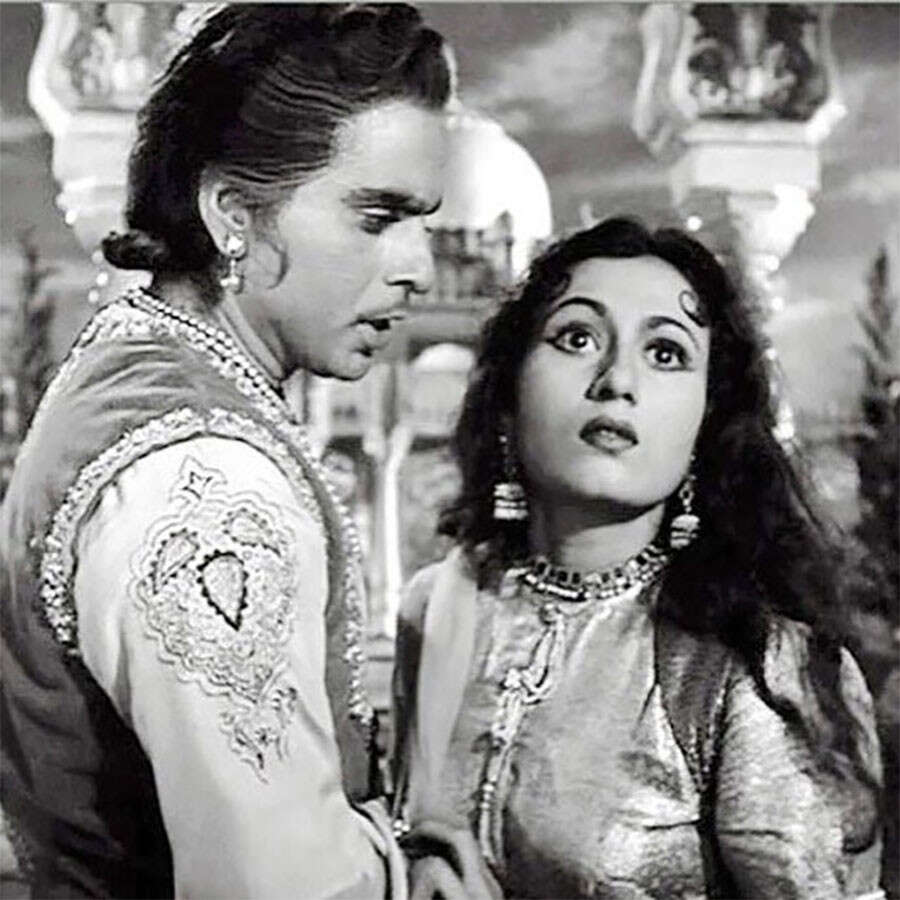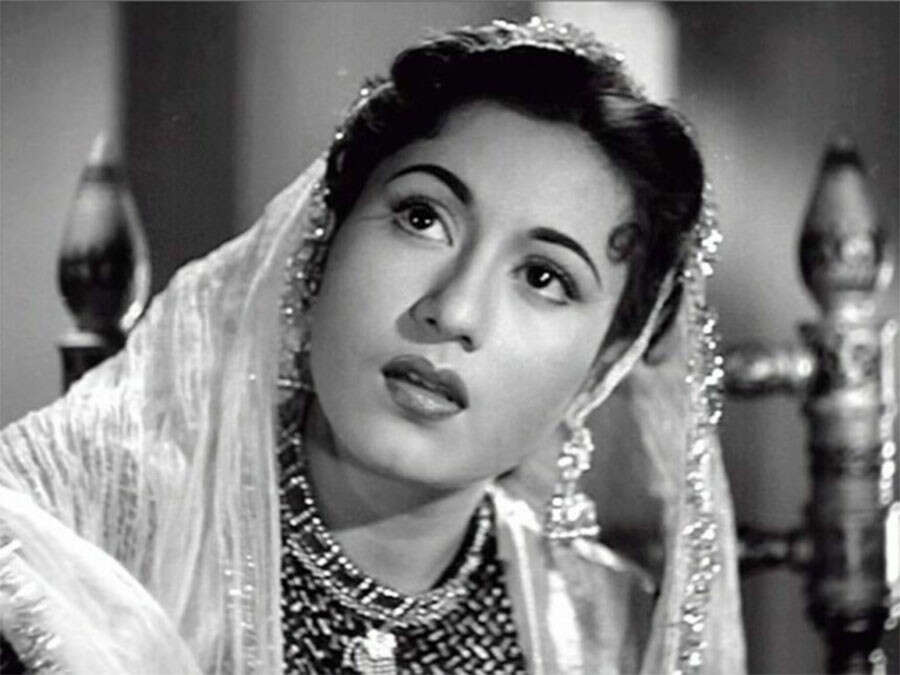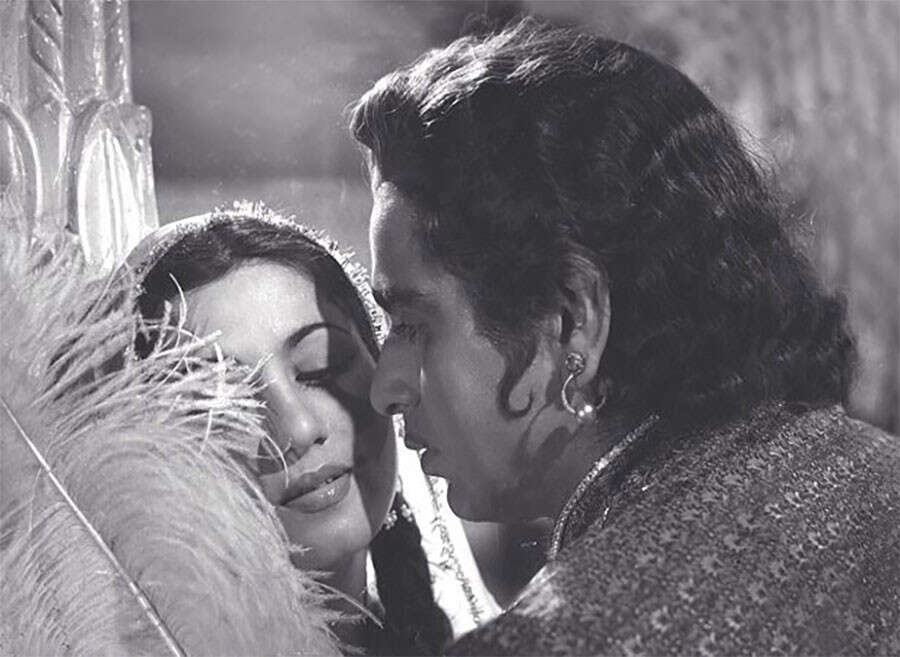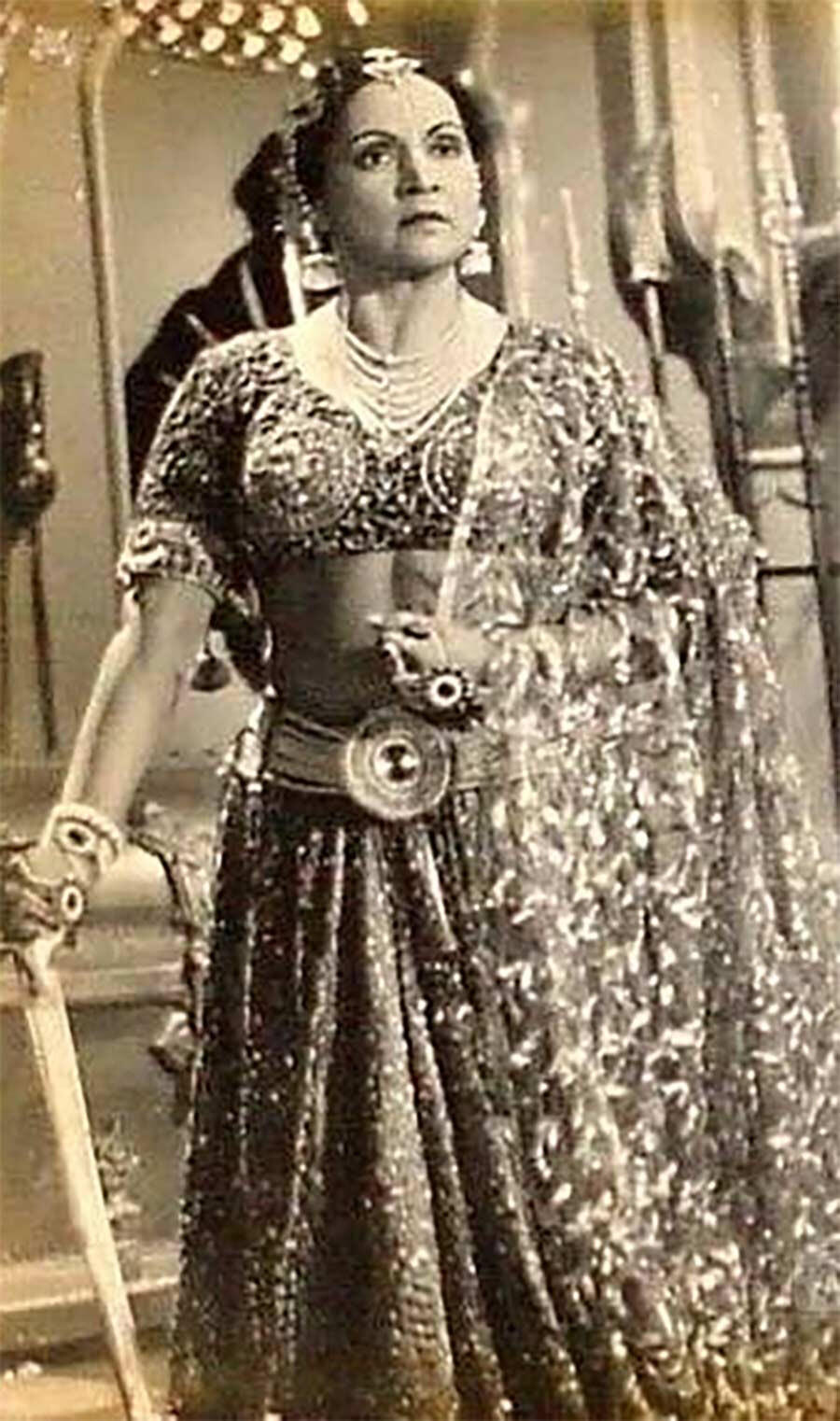How usually is it {that a} Hindi movie transcends many years solely to be recalled as one of many best movies made within the historical past of cinema? Fairly uncommon, proper? Such is the profound affect that this monumental interval drama aka Mughal-E-Azam, nonetheless holds. For its legendary solid, magnificent costumes, iconic songs and visible splendour, it’s lauded and rightfully so. As we speak marks 65 years since Okay Asif’s Mughal-E-Azam starring Prithviraj Kapoor, Dilip Kumar and Madhubala launched.
Though marked as an indicator of a movie for its cinematic brilliance, immediately, in hindsight, the movie may be gauged from an efficient lens of feminism, too. At its coronary heart, it follows the love story of Prince Salim and the court docket dancer Anarkali whose love faces disapproval from Emperor Akbar resulting in tragic occasions making it a marvellous romantic tragedy. However beneath the romance lies a deeper commentary on energy dynamics, gender equality and extra. Let’s take a deeper have a look at the identical.
The concept of male gaze has lengthy been explored in feminist principle. Primarily, it conveys how girls are sometimes considered as objects of want for male pleasure in visible arts. Anarkali, performed by the ethereal Madhubala, is each admired and punished for her desirability. She is a muse managed by the patriarchal mindset. Her life, her will, her alternative is outlined by the lads who managed the society she inhabits. When the immurement of Anarkali is said, it turns into a chilling metaphor of the extent to which a patriarchal system can go to suppress feminine company. It’s symbolic of all of the trajectories that had been thrown within the face of a girl who dared to like.
After Salim is defeated in a battle in opposition to his father Akbar, he’s sentenced to demise. Nonetheless, the sentence is revoked on the situation that if Anarkali surrenders herself the prince’s life might be saved. Anarkali being the naive lady in love, surrenders and is held captive. Salim, regardless of being the one to provoke revolt in opposition to his father, is spared of the implications however Anarkali with no fault of her personal is anticipated to sacrifice. In her seminal work on feminism, The Second Intercourse, Simone de Beauvoir writes “her wings are lower, after which she is blamed for not understanding the best way to fly”, which aptly applies to Anarkali. First, she is anticipated to forfeit her freedom and even her life after which her sacrifice is romanticized.
What patriarchy calls for of Anarkali is an entire sacrifice. “Agar mere marne se Shehzade ki jaan bach sakti hai… toh foremost yeh qurbani dene ko tayyar hoon”, she cries, and this displays the internalized inequality that has left her helpless in a system the place she should show her love again and again. Simone de Beauvoir’s assertion that “Man is the topic, lady is the opposite”, proves hauntingly true right here.
In a world the place girls’s voices are sometimes pacified, Jodha Bai finds a strategy to quietly resist. Regardless of dwelling in the identical oppressive system, Jodha Bai is somebody who sees the human in Anarkali and would not topic her simply as a dancer. Though not overtly and loudly supportive, Jodha Bai does carry out sure actions that act as silent revolt, like advocating for Anarkali’s security and her want to see Salim in her closing hours. She will not be confrontational in overthrowing patriarchy, however she does make mild efforts to supply emotional solidarity to a girl who dared to like.
All in all, Anarkali stays an excellent epitome of girls who dare to like in a person’s world and a sacrifice that also echoes in cinema louder than ever.





